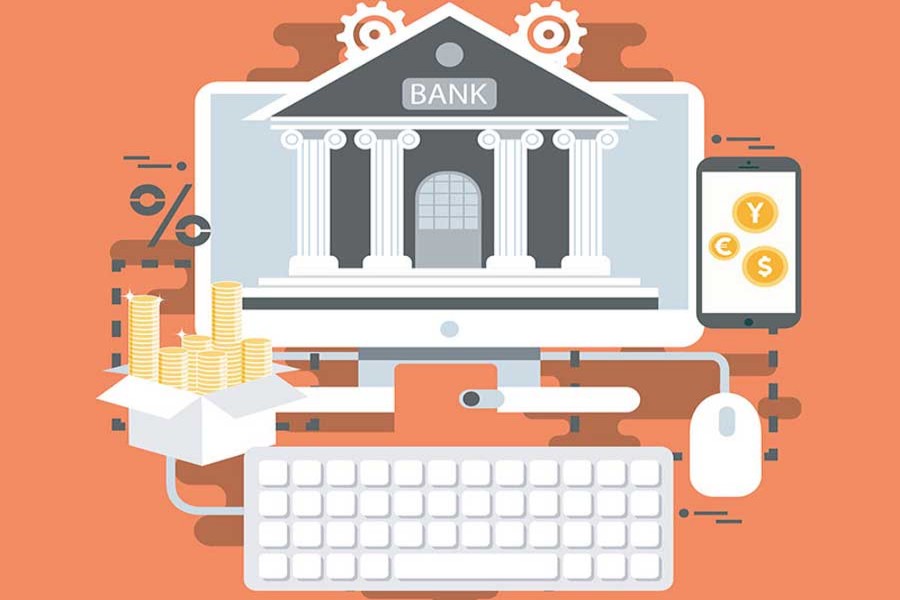
Published :
Updated :

Ever since the fearsome pandemic had begun to rage through one country after another, any reference to the term covid-19 wouldbeinvariably accompanied with some narratives on the many ways in which it is destroyinglife, economy, business or society in general. But as if to prove the saying once again that 'every cloud has a silver lining', keen observers of emergent trends in the way business and technology operate have found that even the deadly scourge, covid-19,has its beneficial spin-offs. And the trends are too obvious to be missed by the average person, let alone by professionals or experts.However, it needs to be clarified at this point that though thevirus itselfcannot do anything but harm, the various control measures adopted to arrest its spread compelpeople to look for alternative ways to perform various day-to-day tasks that involve physical contact. And these alternatives pave the way for switching more frequently to doing transactions electronically, or more specifically, digitally.Such tasks may be about holding meetings, conducting business, carrying out financial transactions and so on. In fact, we had already been carrying many such activities through digital means including smart phones and computers.
What the covid-19 pandemic has done in particular is to phenomenally increase people's dependence on these digitally-run devices and the various computer programmes called apps (application software) that have further simplified performance of tasks.Overcoming the disruptive impacts that the pandemic has left on the financial service industry in particular has been a big challenge before the businesses. In a recent dialogue represented by business chambers, banking and other financial bodies, experts, relevant government functionaries and various initiatives working on post-pandemic recovery strategies conducted on line, the key role that digital innovations in the financial service arena might play was laid out in broad terms.
However, it would be the responsibility of the financial service institutions themselves to think how best to respond to the challenges and create the enabling options as well as delivery modes and hit upon innovative ideas and solutions to the emerging challenges both during and after the pandemic situation.In fact, in the Bangladesh context, the digital financial services, in short DFS,had already been gaining ground in the financial transactions domain before the pandemic struck. Now that other means of transactions are increasingly proving risky on safety grounds, the DFS are not only getting more popular, but also more inclusive. Interestingly, the pandemic has been instrumental in further narrowing down the digital divide, especially in the financial service sector, between the more and less privileged sections of society. This is undoubtedly a beneficial outcome indirectly attributable to the pandemic effect.
Thus faced with a new reality forced upon us by the pandemic, the policymakers both in the financial industry and the government should be able to make the most of it. For example, they should begin to frame regulations to facilitate fast-pace DFS transactions, formulate guidelines to manage risks, build capacity by installing an advanced and strong digital infrastructural backbone for the purpose. Also, they would be required to set up and use an efficient and automated system to analyse raw data and help make conclusions on financial information obtained on banking, capital markets and so on.The imperative for all concerned is to move fast and grab the opportunities opening up in the DFS arena after the pandemic.


 For all latest news, follow The Financial Express Google News channel.
For all latest news, follow The Financial Express Google News channel.